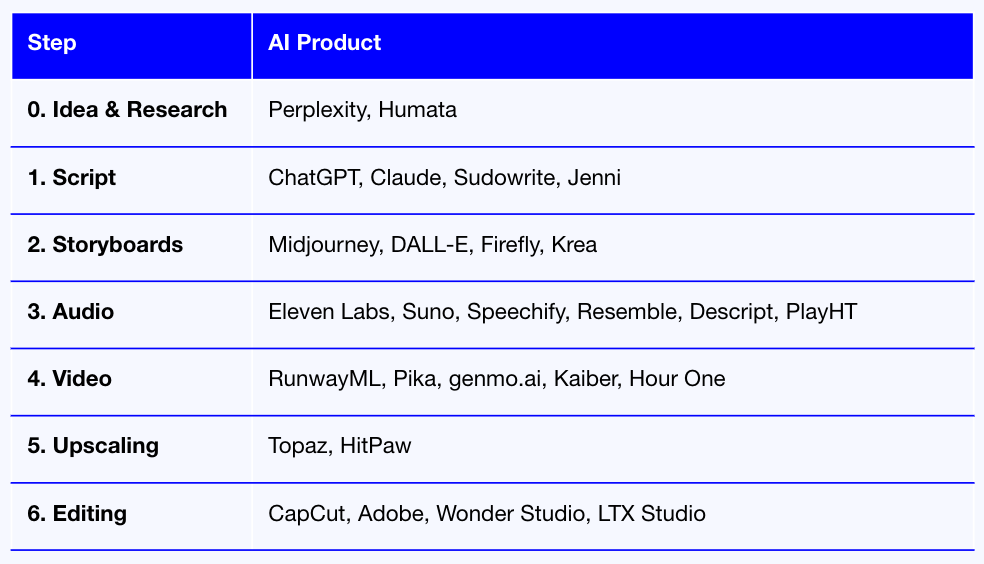Hey, friends—welcome back to online-offline, a newsletter about technology, culture, and the future. Hello to new subscribers! I’m glad you’re here. Today, I wanted to share a peek into a larger essay that I’m writing; if you have thoughts or want to chat, please reach out. If you haven’t already, please support my work by subscribing below. Now, let’s dive in.
Everything is expensive.
The new Dune movie cost $190 million to make. In 1977, Star Wars premiered with a mere $11 million in cost ($56 million adjusted for inflation). Not to compare the two movies, but … that’s crazy.
According to Vanity Fair, “TV show budgets now range between $6 million and $25 million an episode, not including marketing costs. Most mainstream movies now cost between $100 million and $250 million to make.” And they’re all superhero movies and remakes and sequels. Hollywood is spending too much money to make the same movie over and over and over.
Yet, there’s a palpable optimism about the future of storytelling with AI. The bull case? A single person will someday make a feature film by generating the script, score, and other media. And it’ll cost nearly $0 relative to today’s budgets. If this happens, we’re a decade away from commercial success. I’ve been playing with gen AI tools for years now and it’s much harder than regular content creation (of course). I can open TikTok and record a video using an airbrushed filter, alter my voice, generate captions, edit, and post in less than 30 minutes. With gen AI, it takes incredible dedication to produce a 30-second trailer.
To create generative videos, people must turn to what I call the “generative content stack.” It aligns with the traditional filmmaking process—from an idea to editing/post-production.
I’m still looking for a tool that captures the end-to-end creative process. LTK Studio, from the makers of FaceTune no less, shows some promise. But I’ll take any and all suggestions. I’ve always wanted to produce a short film, AI or otherwise, so this is my moment! I’ll give you a shout when I accept my Palme d'Or du court métrage award!
With innovation comes change. Sometimes, change is (perceived to be) bad.
As I write this, I wonder—will Hollywood experience the same issues as the music industry two decades from now? The actors and writers strike established terms for generative AI that protected creative workers. But what happens three years from now when these terms are up for renegotiation and Sora by OpenAI can generate a movie scene using Timothée Chalamet’s likeness in seconds?
Will AI be able to write better stories? Will personalized movies and shows become prevalent—a gen video playlist if you will? (If you work at Spotify, I have a great idea.) Was Quibi too early? Will there be a gen AI Quibi or is human storytelling pertinent to our connection to content so TikTok will never die?
This week, my friends at Dream Machine and General Catalyst hosted a 10th-anniversary viewing of Her. It reminded me that machines seek to be more human; they’re designed to speak like us, think like us, and produce like us. But they lack inherent human limitations. AI can analyze all the tweets in the world and write a fun script that appeals to the average person, but that doesn’t mean it’s a better story. It’s entertainment meant for mass production instead of art, a story that personally impacts everyone in varying but meaningful ways.





